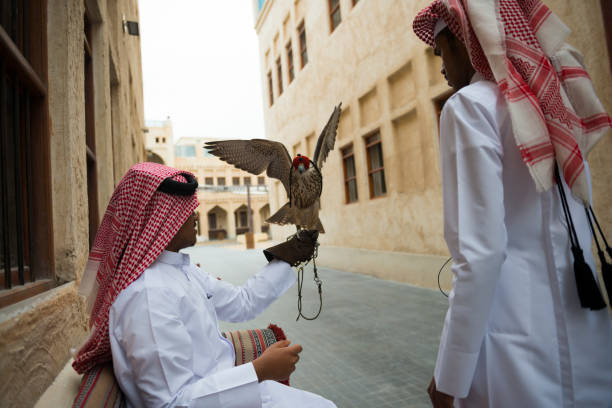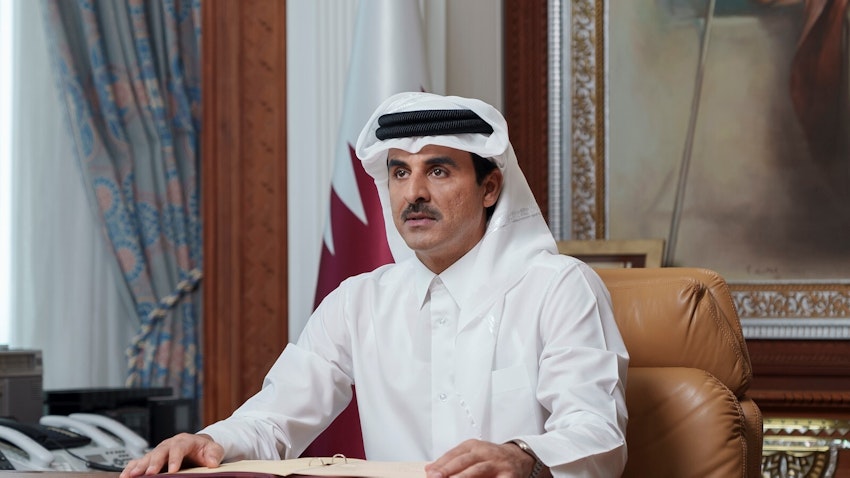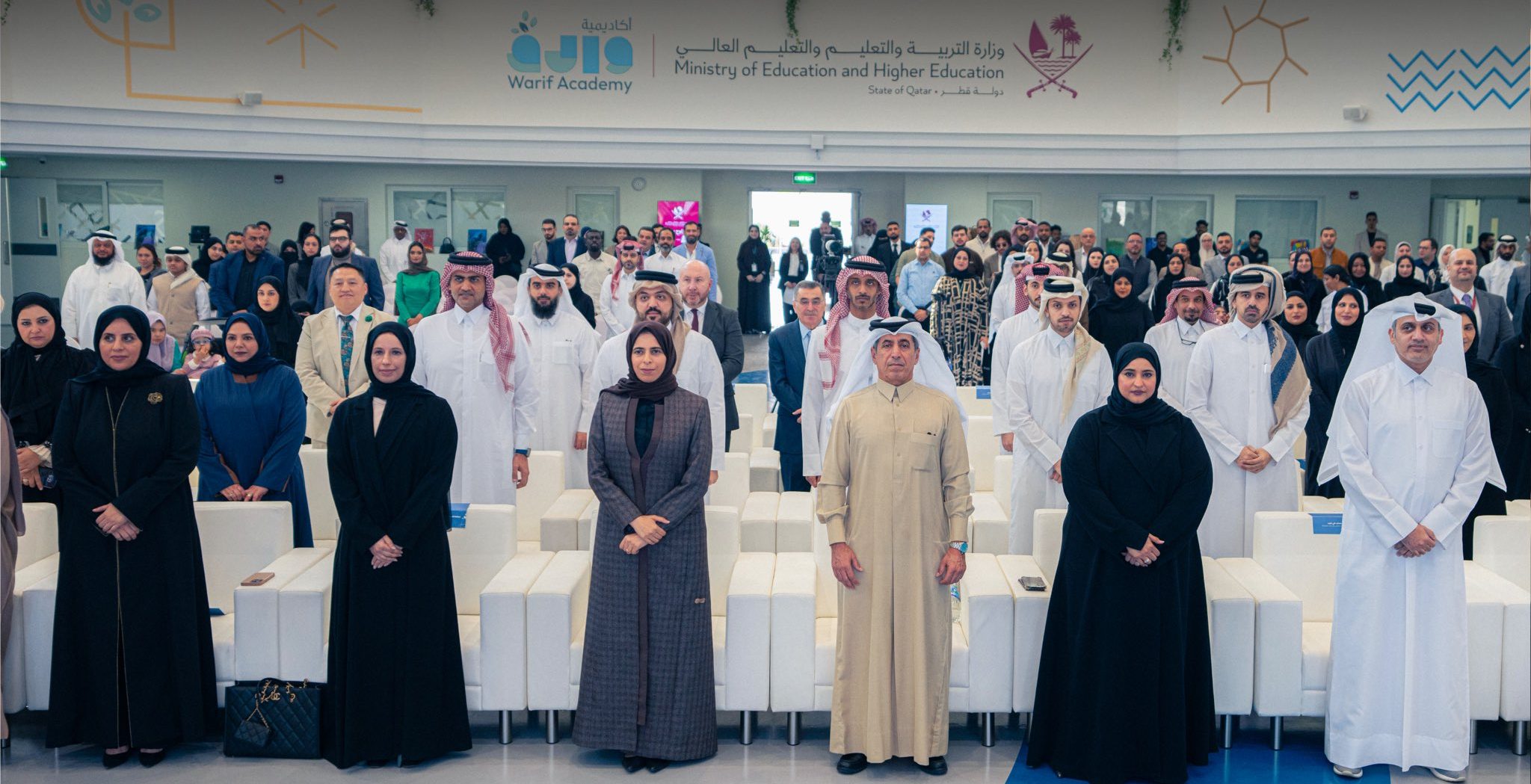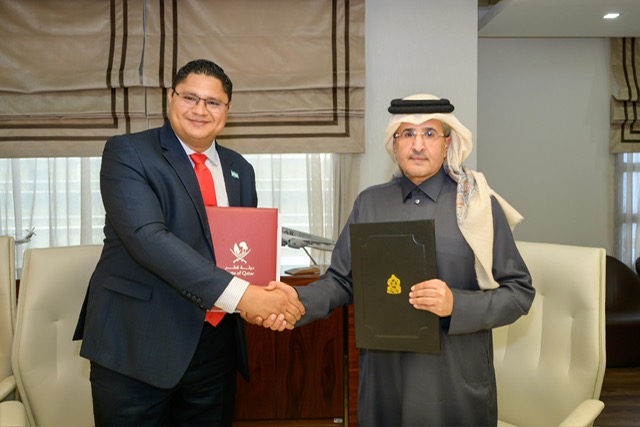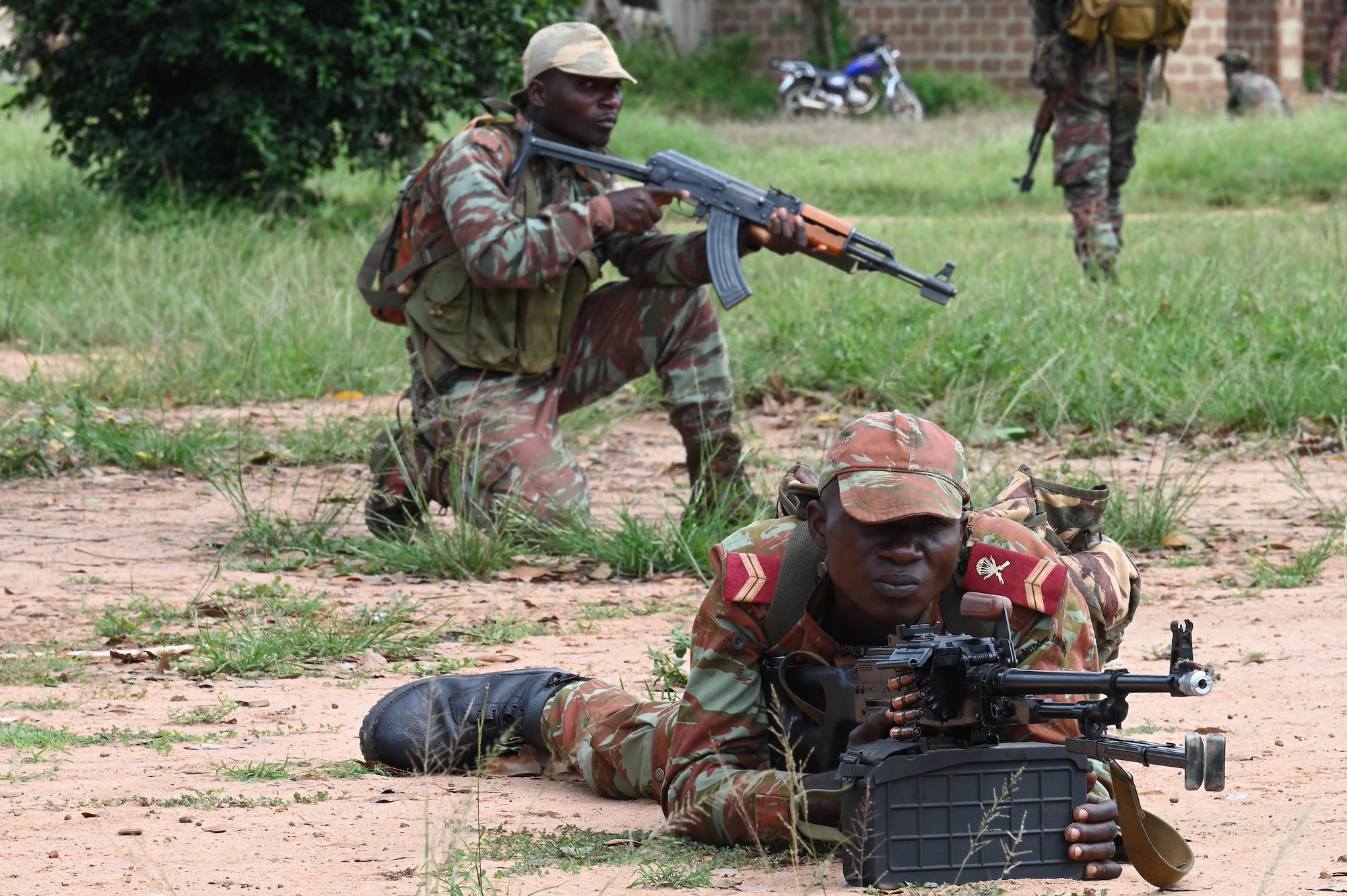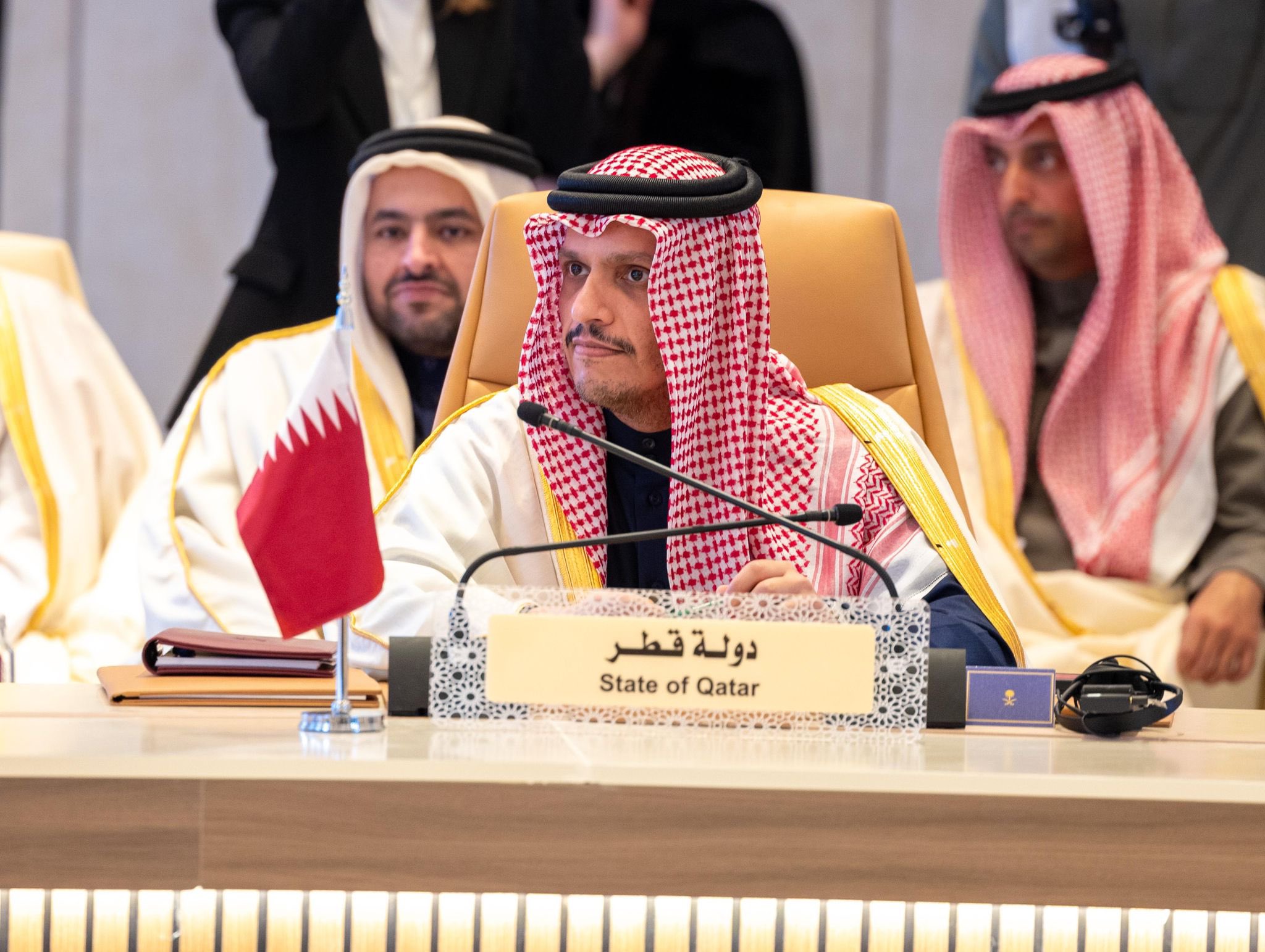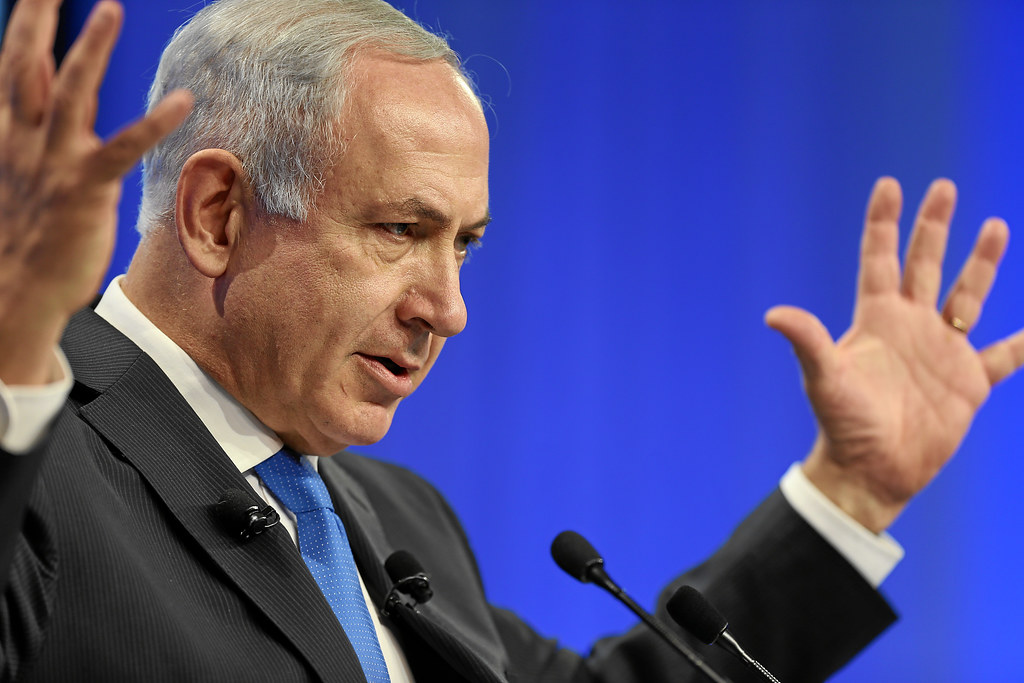Falconry is deeply rooted in Bedouin traditions, where the bird represented the tribe’s identity and status.
In the skies above Marmi, Sealine Beach, a cast of falcons with sharp beaks and sleek feathers soared gracefully in the air. The 16th annual Falcon and Hunting Festival, which kicked off on January 1, brought together passionate locals eager to showcase their birds’ unmatched speed and precision in hunting.
For many, the festival is not just a competition—it’s a celebration of a centuries-old tradition deeply rooted in the region’s cultural heritage.
Falconry has deep roots in the Bedouin tribes where the bird symbolised the tribe’s identity and prestige. Known for its hunting skills, the falcon has a rich belonging in the Qatari culture, as families from across the Gulf state engage in this ancient tradition to honour their birds and pass down the cultural significance to future generations.
As the competition in Marmi intensified, with everyone looking up to the sky to see whose falcon catches the prey the quickest, Tawfiq* sits under a majlis tent pouring karak tea for himself and his eight-year-old son, who is petting the fur of his toy bird.
“I used to come here every year with my bird to participate in the competition,” said Tawfiq, scrolling through photo albums on his phone. “But those times are gone.”
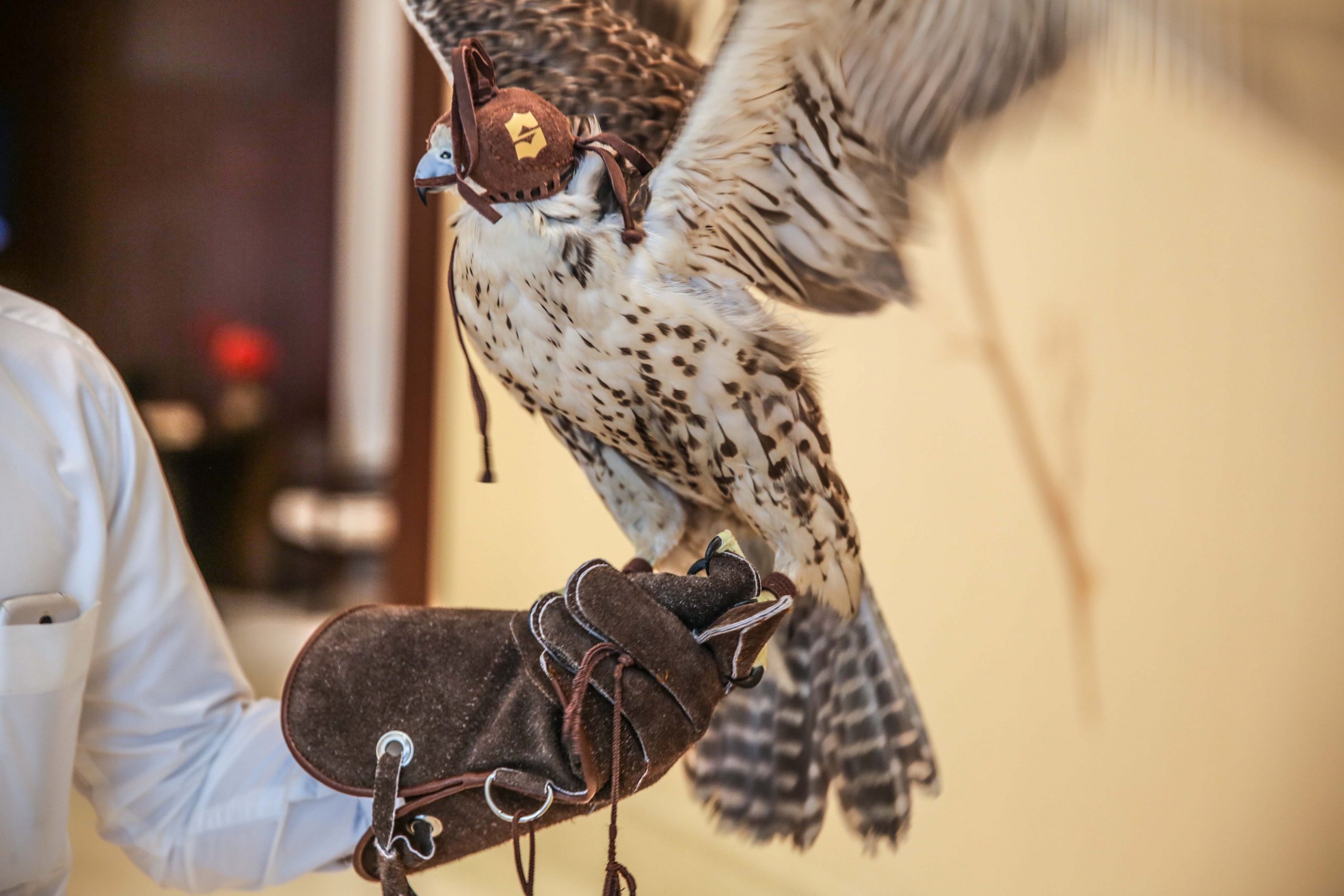
In 2020, Tawfiq’s beloved falcon passed away at the age of 13 years old. With her demise, Tawfiq never purchased another bird.
“I couldn’t do it again,” he said. “It was a heavy loss I had to endure.”
The bond between a falcon and its owner goes beyond competition, and is built on respect and trust.
“Look, this was my bird,” Tawfiq said, pausing on a photo on his phone that showed his falcon perched on his shoulder. “She was a beauty. She would sense her prey from miles away, just one slight movement would alert her.”
Caring for a bird is akin to caring for oneself, requiring attention, patience, and devotion, he explained.
“Her needs became my needs. I would wake up at odd times in the night to make sure she had enough water and feed her in the morning when she would get up on my arm,” Tawfiq said. “She had become my routine.”
For four years, Tawfiq and his son Ahmed have attended the Falcon Festival, captivated by the birds and the memories of their own falconry experiences. Over time, their shared passion for falcons has deepened their bond, with Ahmed expressing interest in one day owning his own bird.
“I enjoy watching birds. The way they flap their wings in the sky and never look down,” he said as he pointed to the flying falcons in the sky with a smile on his face.
However, it is not easy to purchase falcons these days.
“The prices are insane now from QAR 100,000 to QAR 500,000 ($27,000 to $137,000) and that is too much for us,” said Tawfiq.
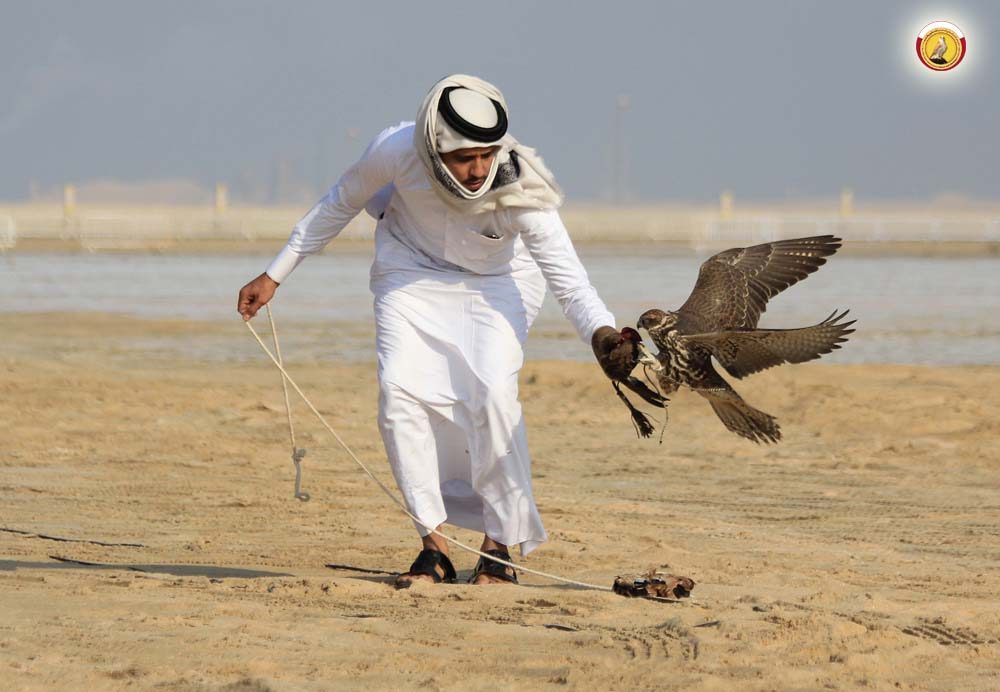
Falconry fosters identity and belonging
The Falcon Souq in Doha comprises a wide collection of birds that are mostly imported from Spain, Iran, and Pakistan. However, these shops are growing emptier by the year.
In Waleed’s shop, the purchase of falcons has decreased in the past two years.
“These birds are difficult to breed and they do not have vibrant colours only, but their personalities are what raise the price too,” said Waleed as he opened his shop. “The falcon owner knows that they are not just purchasing a bird, but rather a companion. How can you put a price on that?”
Today, there is less education on the significance of falcons, which Waleed believes are a vital part of the culture.
“When I first started this shop, people would come in with their children and now I don’t see that happening much,” he said. “Falconry teaches belonging and identity.”
Although falcon prices have risen and sightings of these majestic birds have become less frequent, the tradition remains deeply ingrained in the region’s identity. It’s not just about teaching falconry—it’s about living it and passing it on.
However, this legacy has not lost its meaning for all. For Tawfiq, who is of Palestinian origin, the loss of his bird was one that he carries with him, but the possibility of watching his son carry a falcon on his shoulder brings a smile to his face.
]“What I really wish for is that one day, I can watch Ahmed carry his own bird and it soars in the sky of a free Palestine,” said Tawfiq with a sense of longing.
*Names in this story have been changed at the request of the interviewees.

